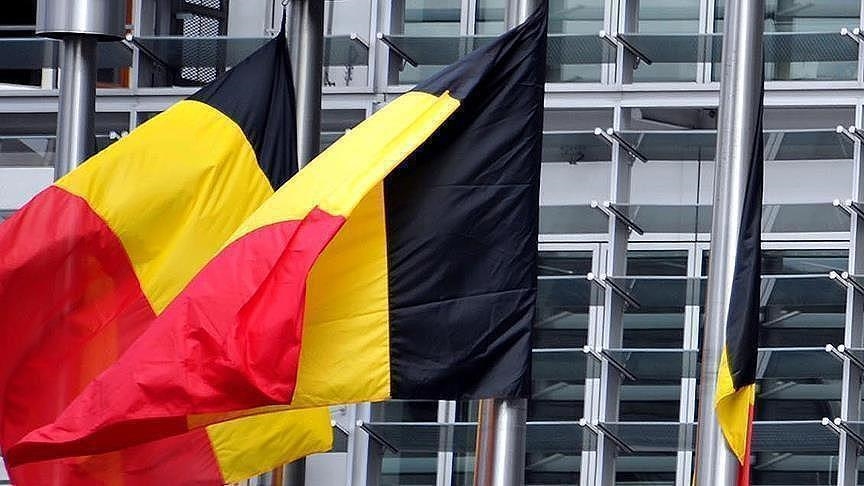Labelling of goods from occupied Palestinian land is longstanding policy: Belgium
For years Belgium has applied EU policy on different labeling for products made in Israeli settlements, says Foreign Ministry

BRUSSELS
Belgium on Thursday tried to downplay scuttled meetings by a visiting top Israeli diplomat, insisting that the measures Tel Aviv objects to are longstanding EU policy differentiating between Israel’s pre-1967 boundaries and the occupied territories.
After arriving in Belgium, on Wednesday Idan Roll, Israel’s deputy foreign minister, canceled official meetings after seeing media reports on Belgium’s policy of labeling products from the occupied Palestinian territories.
The Belgian Foreign Ministry expressed regret over the canceled meetings, but said for years it has been applying the EU policy on differentiated product labeling for goods made in the West Bank and other Israeli settlements in the occupied Palestinian territories.
Belgian daily Le Soir reported this week that the government decided to tighten the requirement on exporters to put different labels on items produced in Israel on the one hand, and in Israeli settlements in the occupied Palestinian territories of West Bank, Eastern Jerusalem, the Gaza strip, and the Golan Heights, on the other.
“The Belgian policy hasn’t changed. The differentiation has been applied for years, and it is even part of the coalition agreement of the government,” the office of Belgian Foreign Minister Sophie Wilmes told the newspaper after Roll canceled meetings with the ministry and the federal parliament.
The ministry expressed regret “that the meetings couldn’t take place” but said the Belgian government had been following the EU policy and UN resolutions for years.
After finding it “very difficult to confirm the exact origin of the products,” Wilmes’ office said, they ordered the economy and finance ministries to carry out “in-depth examination” if the products are “correctly labeled by exporters, in accordance with European regulations and case law on the matter.”
Goods from occupied territories “can still be exported to our country but without benefiting from a preferential tariff provided for by the association agreement between Israel and the EU, because they do not come from Israel,” the statement said.
The European Court of Justice ruled in 2019 that “foodstuffs originating in the territories occupied by the state of Israel must bear the indication of their territory of origin” so that EU consumers could make “informed choices” when buying products from Israel.
The West Bank, including East Jerusalem, is seen as occupied territory under international law, thus making all Jewish settlements there illegal.
Like Turkey and much of the international community, the EU does not recognize Israel’s sovereignty over the territories it has occupied since 1967.
Since 2001, the EU has repeatedly called on Israel to end all settlement activity and to dismantle the already existing ones.
Anadolu Agency website contains only a portion of the news stories offered to subscribers in the AA News Broadcasting System (HAS), and in summarized form. Please contact us for subscription options.







